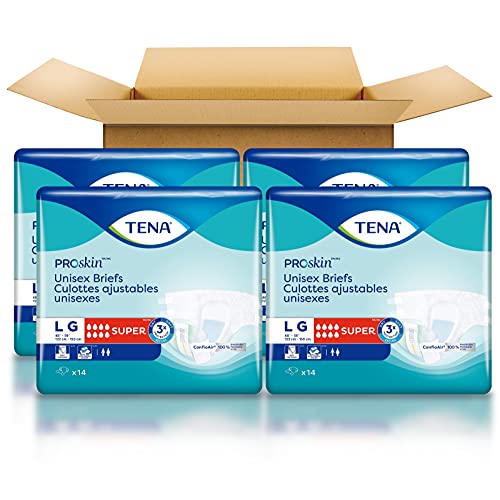
September 12, 2024
Anxiety Urinary Incontinence: Reasons, Signs And Symptoms And Therapy
Impacts Of Estrogen With And Without Progestin On Urinary Incontinence Geriatrics Jama From the age of puberty to menopause, hormonal fluctuations can influence the toughness and function of the pelvic floor muscular tissues, usually bring about urinary system concerns such as anxiety urinary system incontinence (SUI). A large part of this is due to maternity, giving birth and menopause. Each of these events in a female's life can cause bladder control concerns. Maternity can be a temporary cause of urinary incontinence and the bladder control problems generally get better after the child is birthed. Some females experience incontinence after distribution due to the pressure giving birth takes on the pelvic flooring muscular tissues. When these muscle mass are weakened, you're more likely to experience leak issues. Adult diapers are just one of the very best solutions for ladies to manage this critical transition and remain energetic regardless of their estrogen deficiency. One of the most efficient therapy methods is hormone substitute therapy (HRT). HRT supplements your body with the estrogen it no more makes, helping to recover hormone balance, improving urinary tract wellness, and reducing urinary system incontinence symptoms. Advise urinary incontinence, or over active bladder, occurs when you really feel a sudden and intense impulse to pee, followed by involuntary pee leakage. Low estrogen levels can irritate your bladder muscles, resulting in raised level of sensitivity and over active bladder.Concerning Mayo Clinic
These hormonal changes can affect bladder function and urinary system behaviors, materializing as urinary system signs and symptoms such as raised frequency, necessity, or leak. Reduced degrees of estrogen and urinary system incontinence go hand in hand. As females age and start coming close to menopause, the ovaries decrease the process of making estrogen, and the levels of this female sex hormonal agent naturally decrease in the body. [newline] Eventually, with menopause, the manufacturing of estrogen quits, and this influences the body in several ways. Without estrogen, females locate it tough to keep healthy urologic features during and after menopause. Bladder control for females begins together with their last menstrual duration and raises afterwards.Factors To Pick Laparoscopy Over Standard Therapy
Urethral incompetence typically causes recurring urinary system incontinence, generally at rest. Hormonal agent therapy (estrogen) in postmenopausal women reduces urinary frequency which results in enhance in the Have a peek here toughness of muscle mass around the bladder. Althoughbasic scientific research in this field is limited, a recent placebo-controlled, randomizedclinical test of estrogen alone sheds light on this concern. Urethral closureis based on the integrated action of the suburethral genital wall surface, thepubourethral ligaments, the pubococcygeus muscular tissues, and the paraurethral connectivetissues. As you age, the muscle mass that sustain your pelvic organs can deteriorate. This indicates that your bladder and urethra have less support-- frequently causing pee leak.Is Incontinence A Lot More Typical In Females?
Major adverse effects from imipramine are rare yet can consist of heart and blood vessel troubles. They might include an irregular heart beat and dizziness or fainting from low high blood pressure when you stand quickly. Youngsters and older adults might be particularly in jeopardy of these side effects. Give your health care provider a full listing of your medicines prior to you begin taking this medicine.- Endocervix glandular cells activity throughout menopause and consequently the quantity of mucin lowers that this triggers to vaginal dryness that occurs as a major grievance in postmenopausal females.
- In biofeedback, a cable is attached to an electric patch over your bladder and urethral muscular tissues.
- Urge urinary system incontinence is extra prevalent after the menopause, and the peak prevalence of anxiety urinary incontinence occurs around the moment of the menopause.
- These hormonal shifts can influence bladder function and urinary system habits, showing up as urinary system signs and symptoms such as raised frequency, necessity, or leak.
- Stress urinary incontinence establishes when activity puts enhanced stress on your bladder.
Can hormones cause bladder leak?


Social Links